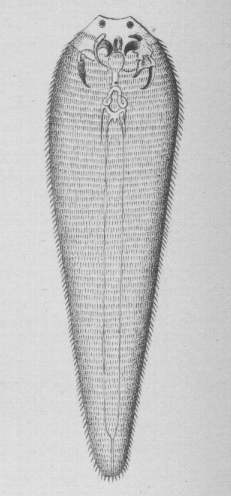Category:Protozoa
All protozoa are unicellular eukaryotic organisms which store their genetic information in chromosomes in a nuclear envelope. Protozoa are classified depending on their structure and life cycle. This reflects the similarities of the diseases which they cause. Protozoa are heterotrophs (as opposed to autotrophs) as they obtain their energy through the intake of organic material.
Protozoa usually range from 10μm-50μm but can grow up to 1mm. Thus, they are usually observed and classified using a microscope.
Protozoa multiply sexually, asexually and can also use a combination of both, as seen in the coccidia class. Replication can be by binary or multiple fission. Different protozoa use different forms of motility, including flagella, cilia, pseudopodia and gliding.
Not all protozoa are harmful. For example, the rumen of ruminants and the caecum and colon of horses are full of symbiotic protozoa.Subcategories
This category has the following 5 subcategories, out of 5 total.
C
M
P
T
Pages in category "Protozoa"
The following 4 pages are in this category, out of 4 total.
